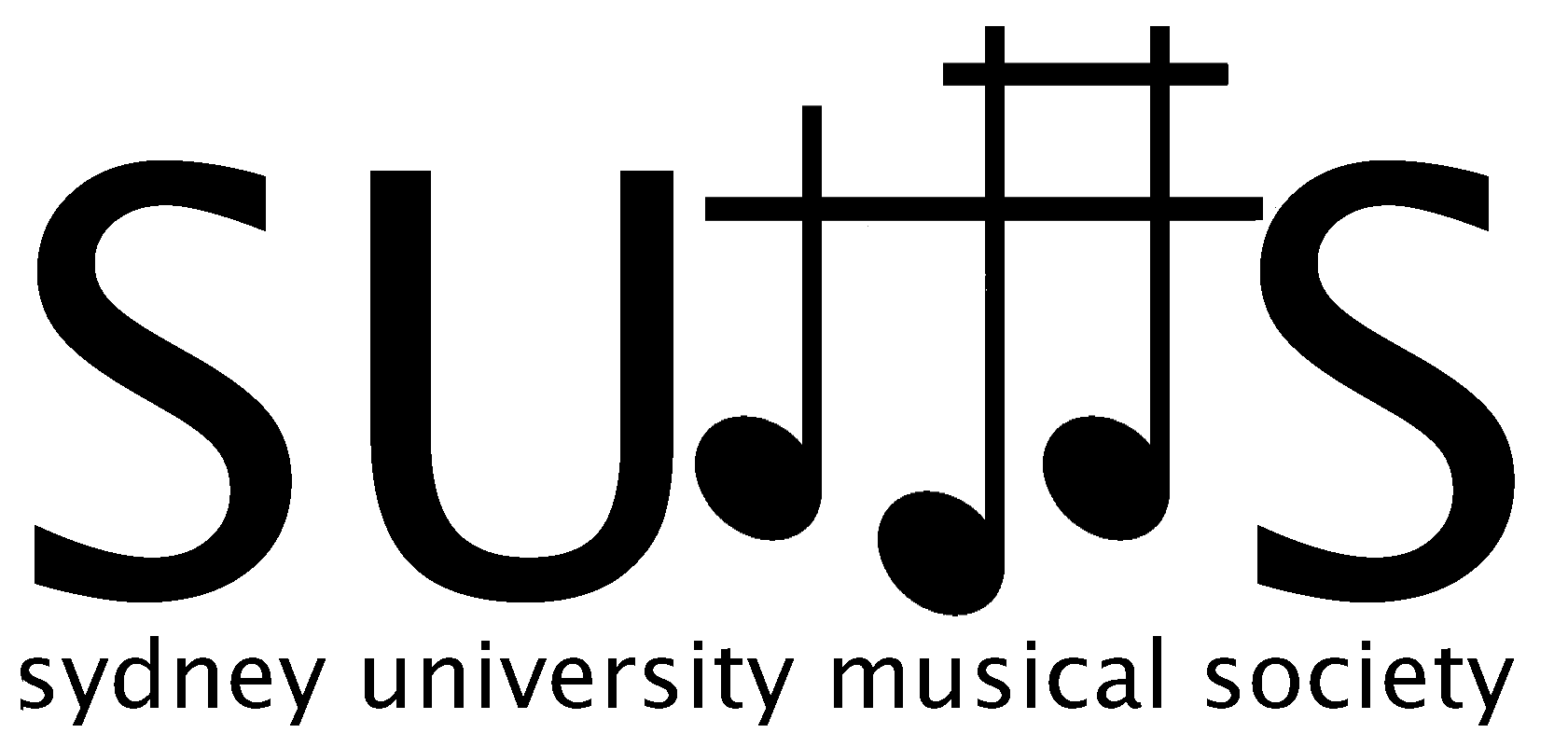SUMS proudly presents
Composition Competition 2025
SUMS is excited to announce its 2025 choral composition competition, open to all students and members of AICSA choirs!
SUMS is a non-auditioned choir of singers who are passionate about making music together. We love a challenge, but many of us are not fluent readers and some of us are new to singing. Part of the consideration of the composition will therefore be the suitability of the music to the choir.
Criteria
- Entrant: Must be a student of a school, university, conservatorium or other tertiary institution. 1
- Deadline: 11:59 pm, 30 June 2025
- Length: The ideal length is 4-8 minutes.
- Instrumentation: SATB Choir with minimal divisi. Optional piano. Please feel free to write a comprehensive piano part. One or two solo instruments may also be added (e.g. solo violin and flute).
- Theme: Open, can be any theme/genre. Entrants can submit multiple entries.
- Lyrics: Text must be in the public domain, preferably in English.
1If this is not you and you still wish to enter, contact us.
Submission
Please send your submission and any inquiries to sumssubmission@gmail.com. In your submission please include:
- A pdf score of your submission
- an mp3 recording (midi or live)
- a short blurb about your composition (no longer than 100 words)
- which category (or categories) you are entering into
Submissions will be judged by a panel consisting of SUMS committee members and the SUMS musical director on the basis of suitability to the concert programme and performability. 2 Applicants will have their names removed from the compositions so as to minimise risk of bias. The decision of the panel will be final.
Winners will be announced before the end of July. Winners will receive a prize of $150 and tickets to hear their work performed at a SUMS concert, most likely in Semester 2, 2025.
2SUMS reserves the right not to award any entrants as winners where no entries were suitable for performance.



SUMS acknowledges and pays respect to the traditional owners of the land on which we meet (the Gadigal people of the Eora Nation). It is upon their ancestral lands that the University of Sydney is built. As we share our own knowledge, teaching, learning, and research practices within this University may we also pay respect to the knowledge embedded forever within the Aboriginal Custodianship of Country.